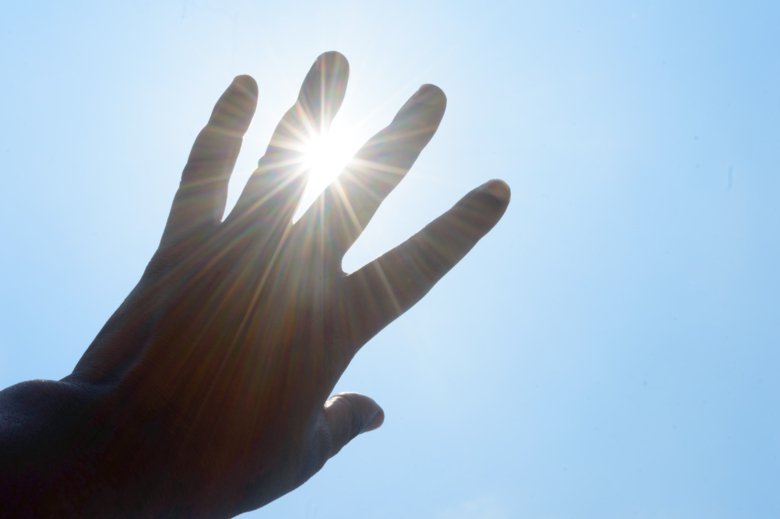The Heat is On! Building Resilience to Extreme Heat

On January 26th, the Centre for Health Crises welcomed a distinguished panel of both national and international researchers and civil servants to the second KI Contributes seminar. The seminar featured short presentations and discussions around the complex issue of extreme heat, with a focus on how to shape and evaluate heat adaptation plans.
Petter Ljungman, Associate Professor and Research Group Leader at the Unit of Environmental Epidemiology, at the Institute of Environmental Medicine and Expert Coordinator on extreme weather, climate and health effect at the Centre for Health Crises, began the seminar with a reflection on the potential irony in hosting a seminar on extreme heat in Stockholm in January. However, the day of the seminar was in fact a day with unseasonably warm weather, so perhaps it was not that ill-fitting after all.
Sharing experience and research on health effects of extreme heat
Petter continued by setting the stage for what the presentations and discussions would centre around; the basic premise that we are experiencing rising temperatures due to climate change, with the last few years being some of the hottest on record in several parts of the world. And whilst efforts to reverse the effects of climate change must of course be made, we must also handle the situation we are already in. The health crises that occur as a consequence of extreme heat are already here, and research has an important part to play in how we learn to adapt, handle, prepare and prevent it.
Presentations by Dr Massimo Stafoggia, biostatistician and epidemiologist at the Department of Epidemiology in Lazio, Italy and adjunct lecturer at KI, Dr Francesca de Donato, climatologist and epidemiologist, also from the Department of Epidemiology in Lazio, and Professor Gregory Wellenius, environmental epidemiologist and Director of the Center of Climate and Health at Boston University, USA, brought various perspectives to the complex matter of health effects of extreme heat. Dr de Donato and Professor Wellenius shared their experience of working on heat adaptation and preparedness in Italy and the US. Dr Stafoggia presented studies on the various aspects of heat: rising temperatures across types of temperature (mean, highest/lowest etc), air pollution and future scenarios. A common thread that ran across the presentations was the fact that we must take into account the complex nature of heat, if we are to succeed in providing the best and most useful basis for impactful decisions and policies.
A local problem that is happening everywhere
The presentations were followed by a panel discussion. In addition to the previously mentioned presenters, the panel also consisted of Dr Karin Lundgren-Kownacki, climate adaptation analyst in the secretariat for the Swedish Expert Council on Climate Adaptation, hosted by SMHI - the Swedish Meteorological and Hydrological Institute, Ida Knutsson, analyst, environmental health at the Swedish Public Health Agency, and Dr Christofer Åström, research fellow at the Department of Public Health and Clinical Medicine at Umeå University. They put the previously discussed topics into a Swedish context and illustrated what has been and can be done here.
The discussions and presentations pointed out that action to adapt, prepare, prevent and handle extreme heat is best taken on a local level, thus allowing for adaptation to local geographical, demographical and infrastructure circumstances. Nonetheless, at the same time, there is a lot to be gain through national and international collaboration, guidance, and decision-making. Or, to put it in the words of Professor Wellenius during the panel discussion:
- “It’s a local problem that happens everywhere”.
KI Contributes is a series of seminars run by the Centre for Health Crises. The theme is how universities, and KI in particular, best contribute to the surrounding society, on a local, regional and national level, in any given health crises. Keep an eye out on the Centre’s website or sign up to the email list to find out when the next seminar is held.
